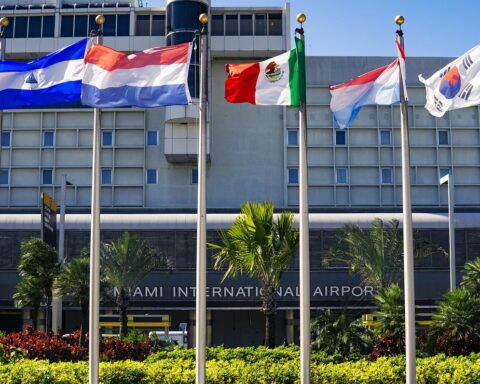A new research center looks to make autonomous vehicles more accessible in rural America. The University of Wisconsin-Madison is spearheading an initiative with $15 million in funding from the U.S. Department of Transportation and an additional $15 million in matching funds from state entities and industry partners. The university plans to establish the first national research center focused on deploying autonomous vehicles in rural areas and tribal communities.
The Tribal and Rural Autonomous Vehicles for Efficiency, Livability and Safety (TRAVELS) Center will coordinate efforts across multiple universities and dozens of state-level partners to develop autonomous transportation solutions specifically designed for rural communities. The initiative aims to bridge significant transportation gaps in areas that have historically lacked access to reliable public transit options.
Autonomous vehicle technology has already been rolled out in a few urban areas where ridesharing services offer an autonomous driving option. But beyond urban centers autonomous vehicles are still seen as more futuristic than a real transportation option. As communities across the country grapple with limited public transit options, autonomous vehicles could provide crucial access to healthcare, employment opportunities, and essential services for rural residents who currently lack reliable transportation alternatives.
Leading the initiative is Xiaopeng “Shaw” Li, a professor of civil and environmental engineering at UW-Madison, who said the program “will be a unique opportunity to utilize our cutting-edge research on real-world problems and see how university research can truly benefit communities in Wisconsin and across the nation.”
The research will address specific challenges of rural autonomous vehicle deployment, including navigation on unmarked roads, recognition of agricultural vehicles, and operation in areas with limited digital infrastructure. The TRAVELS Center will implement its work through a six-year project beginning in 2025, structured in three phases: research, demonstration and deployment.
The center brings together a coalition of partners, including Oklahoma State University, the University of Washington, Morgan State University, Northern Oklahoma College, and the University of Georgia. These institutions will collaborate with 34 state-level partners, including eight state agencies, nine local governments, 12 tribal nations and five nonprofit organizations.
The research team plans to develop solutions utilizing low-cost sensors, drones, and satellites to create an infrastructure backbone for autonomous vehicle operations in rural areas. This technology will work in conjunction with physical infrastructure improvements like enhanced road markings and upgraded signage.
A key focus of the program will be developing autonomous services like self-driving buses and robotaxis that can respond quickly to transportation needs across large geographic areas. These services could help rural residents access medical appointments, commute to work, or reach essential services that might otherwise be inaccessible.
The project will rely heavily on input from rural and tribal communities to ensure the technology meets their specific needs. UW-Madison will build upon existing partnerships through initiatives like the Eastern Tribal Technical Assistance Program and Local Technical Assistance Program to facilitate this collaboration.
Industry partners with experience in multi-modal autonomous vehicles will become more actively involved as the project moves from research into demonstration and active deployment phases, creating a pathway for turning the center’s innovations into practical transportation solutions for rural communities.
Photo courtesy JirkaBulrush, CC BY-SA 4.0 https://creativecommons.org/licenses/by-sa/4.0, via Wikimedia Commons













